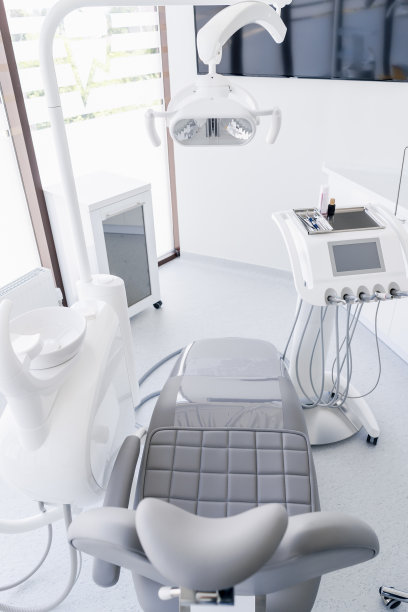Understanding the Impact of Periodontal Disease on Overall Health and Its Role in Systemic Conditions
Summary: Periodontal disease, commonly known as gum disease, is not just a localized oral health issue; its ramifications extend to overall health and can contribute to systemic conditions. In this article, we will explore the multifaceted relationship between periodontal disease and systemic health, focusing on inflammation, cardiovascular disease, diabetes, and respiratory issues. By understanding how gum health affects the body and linking oral hygiene to systemic well-being, we can better highlight the importance of maintaining good dental care for a healthier life.
1. The Role of Inflammation in Periodontal Disease

Periodontal disease begins with inflammation of the gums, commonly known as gingivitis. When bacteria from plaque start to affect the tissues around the teeth, it leads to swelling, redness, and bleeding. If left untreated, this initial inflammation can progress to more serious periodontal conditions, such as periodontitis, which may have far-reaching effects beyond the mouth.
The inflammatory response that occurs in periodontal disease does not remain confined to the oral cavity. Research indicates that the systemic release of inflammatory mediators, such as cytokines, can occur, which ultimately can contribute to chronic inflammation in other areas of the body. This connection suggests that individuals suffering from periodontal disease may also experience exacerbated inflammatory response in systemic disorders.
Furthermore, chronic inflammation is implicated in various systemic conditions. The link between periodontal disease and systemic inflammation underscores the importance of early intervention and management of oral health to prevent overarching health issues.
2. Periodontal Disease and Cardiovascular Health
Several studies have demonstrated a strong correlation between periodontal disease and cardiovascular health. Bacteria from periodontal infections can enter the bloodstream, potentially causing direct damage to blood vessels and resulting in atherosclerosis. This hardening of the arteries may further increase the risk of heart attacks and strokes.
Moreover, the inflammatory markers associated with periodontal disease are similar to those seen in cardiovascular diseases. Elevated levels of C-reactive protein (CRP), for example, are noted in patients suffering both from gum disease and heart diseases. This overlap provides a compelling argument for maintaining good oral health as a preventive measure for cardiovascular problems.
Interestingly, managing periodontal disease may help improve overall cardiovascular health. Dental interventions and improved oral hygiene practices can reduce inflammation markers, suggesting that treating gum disease can lead to better heart health outcomes.
3. The Connection with Diabetes
There exists a bidirectional relationship between periodontal disease and diabetes. Individuals with diabetes are more susceptible to gum infections due to impaired immune function and poor circulation. Conversely, periodontal disease can adversely affect blood glucose control, making diabetes management more challenging.
Research shows that people with periodontitis tend to have higher levels of HbA1c, an indicator of long-term glucose levels. This relationship suggests that effective treatment of periodontal disease can improve metabolic control and decrease the risk of developing complications related to diabetes.
This highlights the importance of integrated healthcare approaches where dental care is considered a critical component of diabetes management strategies. Regular dental check-ups and periodontal treatments should be emphasized for diabetic patients to prevent further complications.
4. Impacts on Respiratory Health
Oral health is inextricably linked to respiratory health, with periodontal disease being a significant risk factor for respiratory infections. Bacteria from the oral cavity can be aspirated into the lungs, leading to conditions such as pneumonia or exacerbating existing lung diseases.
Research has shown that individuals with periodontal disease have a higher likelihood of developing chronic obstructive pulmonary disease (COPD). The presence of pathogenic oral bacteria can contribute to inflammation and infections in the lower respiratory tract.
Therefore, maintaining good oral hygiene is crucial not only for preventing periodontal disease but also for protecting respiratory health. Regular dental cleanings and patients awareness of the implications of oral health on their lungs should be part of patient education.
Summary:
The connection between periodontal disease and overall health is profound, revealing a complex interplay between oral hygiene, chronic inflammation, and systemic health conditions like cardiovascular disease, diabetes, and respiratory issues. As research continues to unveil these links, it becomes increasingly clear that oral health should be considered a cornerstone of overall health. Prioritizing good dental care practices is essential for reducing the risk of systemic health issues.
This article is compiled by Vickong Dental and the content is for reference only



